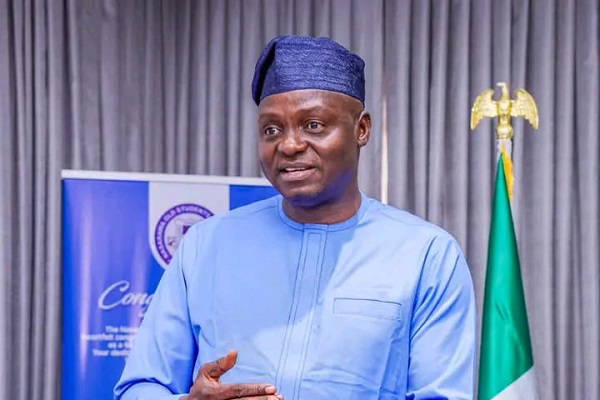News
FG Turns to AI in New Move to Fight Poverty — See How

The Federal Government of Nigeria is now harnessing the power of artificial intelligence (AI) to identify poor Nigerians living in urban slums.
The Minister of Humanitarian Affairs and Poverty Reduction, Nentawe Yilwatda, revealed this during an appearance on Arise TV’s Prime Time on Friday. He explained that the move aims to make the national social register more inclusive, expanding it from a focus solely on rural communities to also cover the urban poor.
“To assist people, you need to identify them first,” Yilwatda said. “That’s why we began by validating and expanding the social register.”
According to the minister, the national social register has grown significantly, from 13 million to 19.7 million Nigerians, due to the integration of AI and satellite data into the process. This expansion followed President Bola Tinubu’s directive that urban slum dwellers be included in the list of beneficiaries.
So how does it work?
Yilwatda outlined a multi-step process that combines satellite imagery with telecom data. First, satellite maps are used to identify clusters of urban slums. Then, by analyzing telecom base station records, the government pinpoints phone numbers active in those areas. From there, AI systems evaluate the likely socio-economic conditions of the individuals using metrics like access to financial services and social vulnerability indicators.
This data-driven approach, the minister noted, is designed to ensure a more accurate and targeted disbursement of government aid. “We are not only expanding the register — we are making it smarter,” Yilwatda added.
With this new method, the government hopes to reach around 15 million households, which translates to an estimated 75 million Nigerians, based on an average household size of five.
Nigeria, with approximately 43 million households, still has a long road ahead in its fight against poverty. But officials believe technology may be a critical part of the solution.
“We are committed to finding innovative ways to ensure no one is left behind,” the minister emphasized.
RECOMMENDED FOR YOU
































